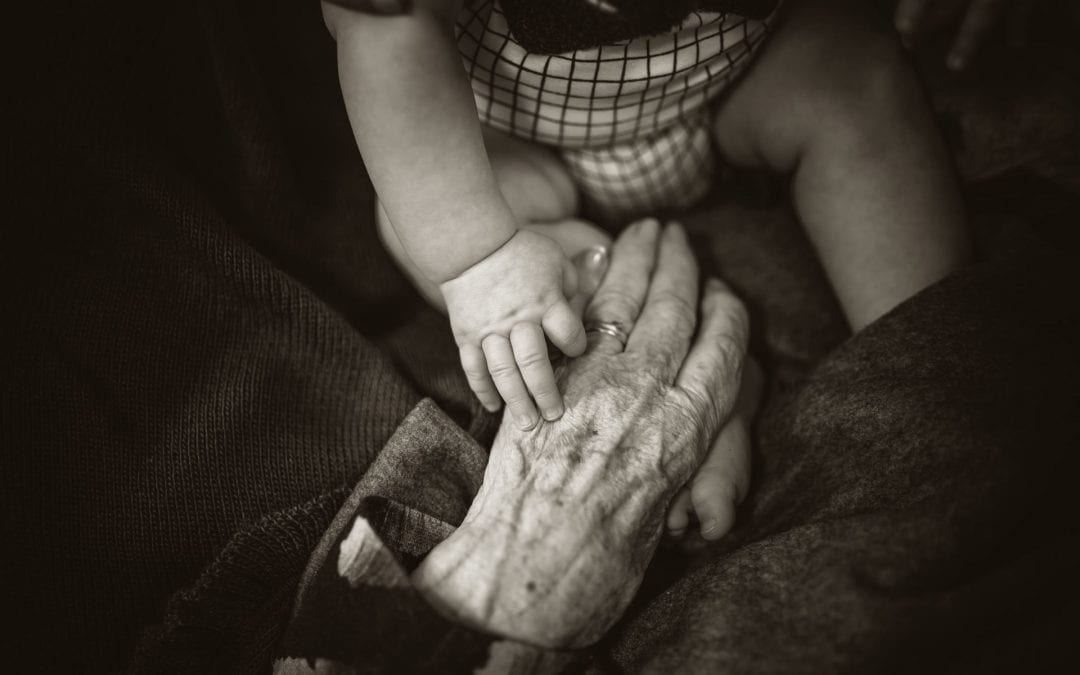The lifelong impact of chronic diseases on New Zealand families is at the centre of a major new research programme.
Three of the government’s National Science Challenges – A Better Start, Healthier Lives and Ageing Well – are collaborating to develop a research project aimed at identifying opportunities for improving the health and wellbeing of New Zealanders at every stage of life. It will have a particular focus on addressing equitable outcomes for Māori and Pacific people.
The two-year research project, ‘Lifecourse impact of chronic health conditions; a family and whānau perspective’ (the Lifecourse project), will help understand the wider benefits of chronic disease prevention, and determine what makes some New Zealand communities thrive despite living with chronic disease. It will also help lay the groundwork for studies in other communities.
Specifically, the Lifecourse project will:
- investigate the impact of chronic disease on the wider whānau at different life stages – from childhood and youth through to adulthood, as well as the later years of life
- undertake an in-depth qualitative study of Tokelauan families to assess the family, household and community strengths that allow people in these communities to thrive despite the challenges of living in families with chronic disease. (The NZ Tokelau population has high health needs but has seldom been the focus of research to address their health issues.)
- develop a framework for assessing the power of a kaupapa Māori early life and whānau programme, Te Kura Mai i Tawhiti, to transform Māori outcomes throughout the different life stages.
- develop a whakapapa-centred framework for undertaking intergenerational wellbeing research with hapū and iwi.
The Lifecourse project aligns with the goals of the three National Science Challenges, with each Challenge contributing $500,000 – with a total project funding of $1.5 million.
Professor Wayne Cutfield, Director of A Better Start, says the vision of the Lifecourse project is to improve the lives and livelihoods of families with chronic disease sufferers by identifying areas in which they need support, and factors which promote their success.
“We will achieve this by undertaking research with families of a chronic disease sufferer, and developing and implementing interventions to improve their wellbeing,” Professor Cutfield says.
Professor Jim Mann, Director of Healthier Lives, says life-course research is essential to the understanding of non-communicable diseases (NCDs), which account for much of the ill-health that occurs in middle-aged and older people.
“That’s because potentially preventable causes of these diseases are often present, detectable and modifiable early in life, before diseases such as diabetes, coronary heart disease and cancer develop,” Professor Mann says.
“Life-course approaches to tackling chronic diseases are essential to inform health and wellbeing policies and programmes that make a lifelong difference for all New Zealanders.”
Associate Professor Louise Parr-Brownlie, Director of Ageing Well, describes the Lifecourse project as an extraordinary opportunity to collaborate on research that stretches over the whole course of a lifetime.
“As an organisation that is committed to ensuring all New Zealanders age well, it was very important to us that an equity lens was applied by the research team,” Associate Professor Parr-Brownlie says.
The Māori and Pacific-led projects will explore life-course and intergenerational perspectives of health through childhood, household, community and iwi-led whakapapa projects.”
The Lifecourse project will be led by Dr Barry Milne at the University of Auckland. He says it is fantastic that the three health-focused National Science Challenges have come together to fund a project to help understand what leads to thriving people and communities.
“We plan to focus on improving the lives of people with chronic conditions, and to understand the impact of these chronic conditions on the lives and life-courses of their whānau – their children, their partners and carers, their elders, and their wider households,” Dr Milne says.
“The Lifecourse project includes community and iwi-led development of novel kaupapa Māori research methods to investigate the life-course and inter-generational elements of hauora Māori.”
Pacific communities will also be a strong focus of the Lifecourse project.
“We welcome this challenge for Pacific engagement and active participation in a family-focused life-course approach to achieve better health and wellbeing outcomes now and into the future,” says Pacific health researcher Dr Ofa Dewes, who is a co-principal investigator on the project.
“For Pacific, the research will be consistent with our world views – community-oriented, culturally-centred, holistic, and expansive.”

